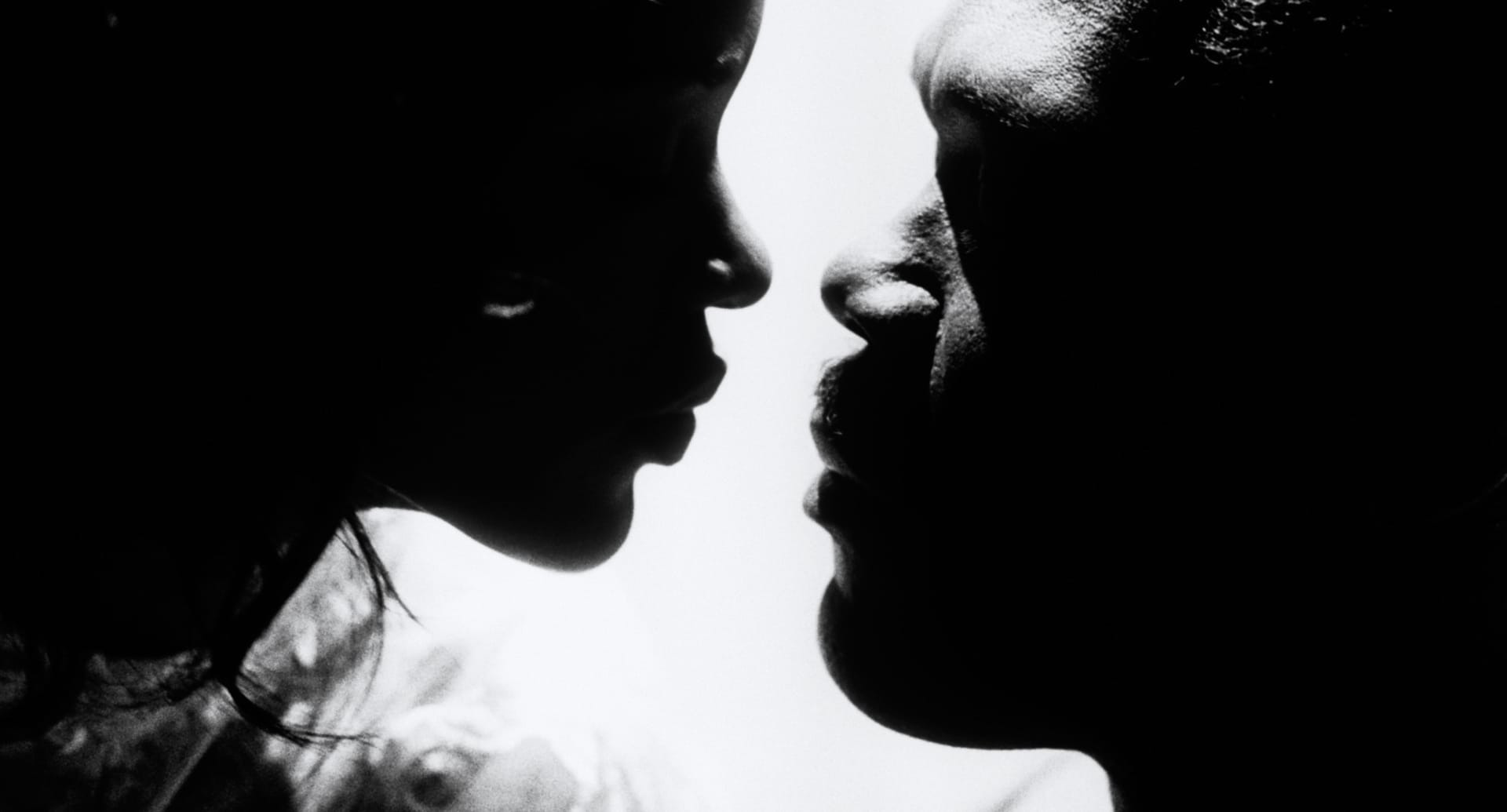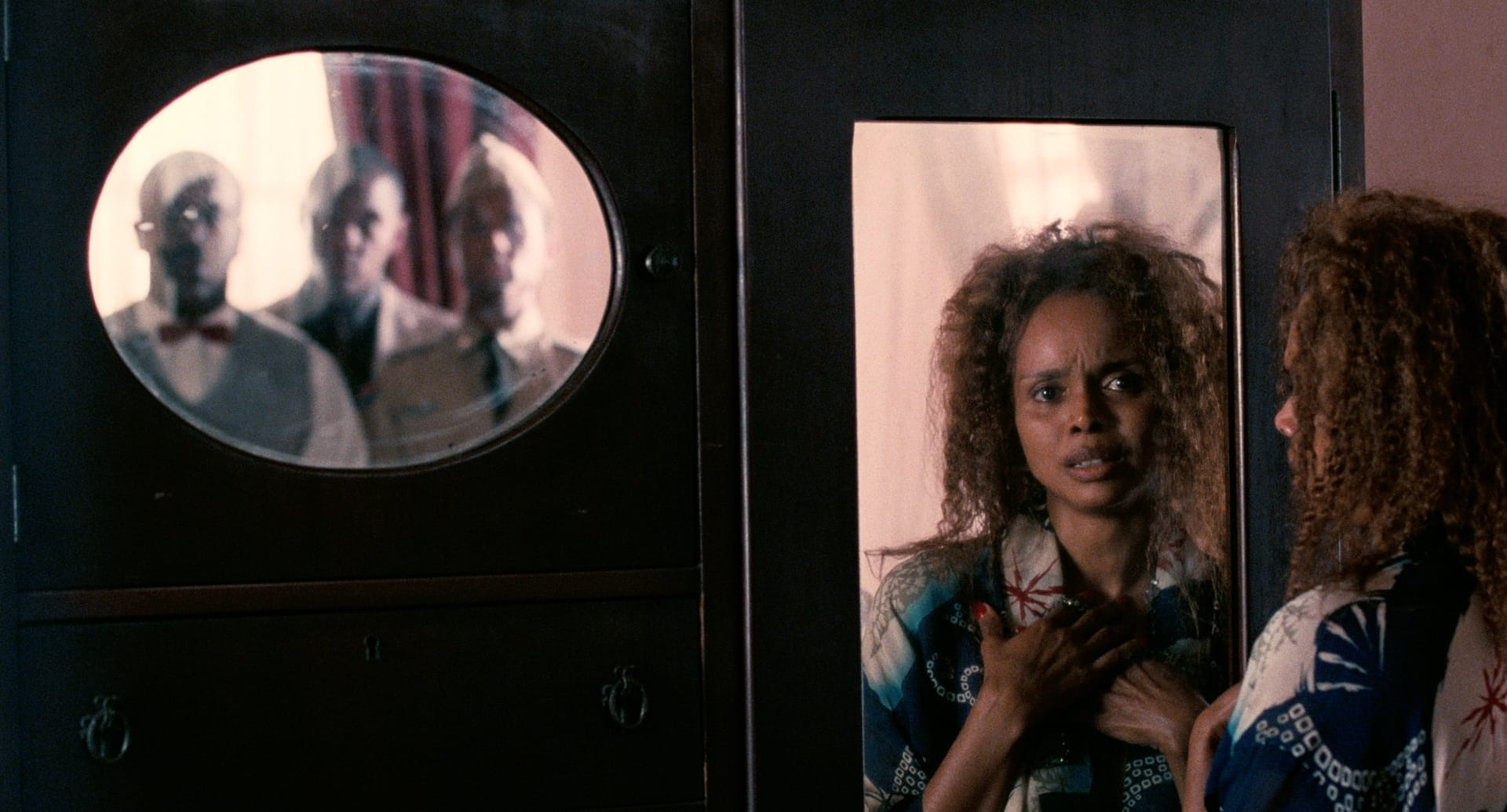Eve’s Bayou: The Gift of Sight

Not long after November 7, 1997, the day Eve’s Bayou was released in the United States, my lover and I went to a multiplex outside Pittsburgh to see it. I was a PhD student in film studies at the University of Pittsburgh, and excited to see a film with an all-Black cast, written and directed by a Black woman, Kasi Lemmons, screening at a mainstream suburban theater. I was familiar with the work of many of the actors, including Debbi Morgan, who played the character Angie in my favorite daytime drama, All My Children; Samuel L. Jackson; Lynn Whitfield; and, of course, Diahann Carroll. But perhaps even more than seeing these performers together, my excitement had to do with the fact that Eve’s Bayou was made by a woman. With the exception of Julie Dash’s Daughters of the Dust, the vast majority of Black films shown in theaters in the early to mid-nineties had been directed by Black men. This was true even when they were marketed primarily to or prominently featured Black women (as with, for example, Waiting to Exhale and Set It Off). Most Black films of that era strove to call attention to the dangers and pleasures of urban life.
As its title suggests, Eve’s Bayou is set in the bayous of Louisiana; instead of turning the spectator’s attention to the politics of a “hood,” it focuses on the troubles that unfold over the course of the summer of 1962 for the Batistes, a bourgeois Black Creole family who are descendants of Eve, a formerly enslaved woman, and Jean Paul Batiste, the military general who freed her. Though the film’s subject matter may have seemed to run counter to the queer Black radicalism that animated my studies, I acutely remember my awe and pleasure in first seeing its opening images, which immediately transformed my sense of what contemporary Black film is capable of, in terms of helping us perceive our shared reality. As the film proceeded, it became clear to me that Lemmons was advancing a critique of the patriarchal order, by valorizing the experiences, the ways of knowing, and the desires of Black women and girls, and that she was doing so without creating any villains. Her narrative poses questions that still resonate today, about gender and gender roles, bourgeois family norms, sexuality, sexual violence, and memory—and its form offers responses to those questions.








